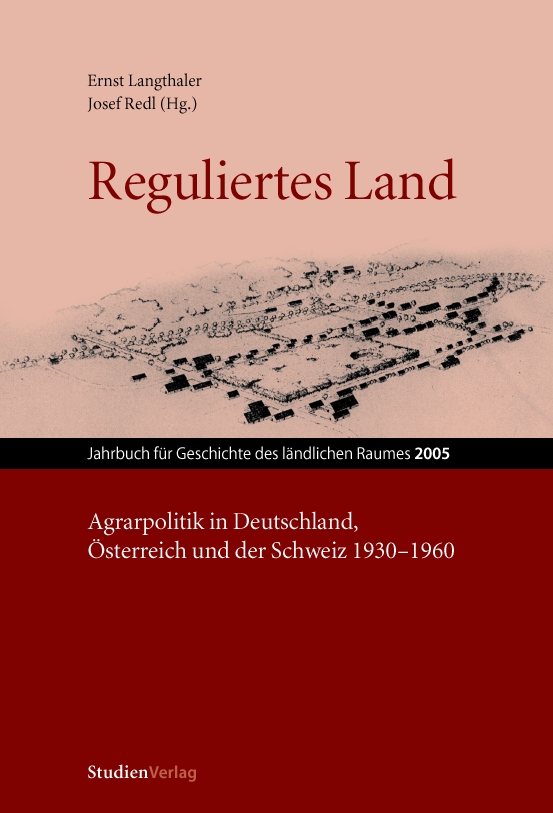„Menschenökonomie“
Landwirtschaftlicher „Arbeitseinsatz“ im Reichsgau Niederdonau 1939–1945
DOI:
https://doi.org/10.25365/rhy-2005-14Abstract
Due to war economy and Nazi ideology, the organisation of agricultural work in Germany between 1939 and 1945 was built upon political forces; however, it also involved economic and socio-cultural forces. The case of the region of Niederdonau highlights the external and internal dynamics of the field of agricultural work’s organisation as opposed to the vision of a centralized and efficient ‘human economy’ (Menschenökonomie) in the eyes of Nazi bureaucracy. The working and living conditions of the rural workers were differentiated according to ‘race’, nationality, legal status, gender, age and so on. In practice, they depended upon rather informal relations with other people of the farm or the rural community than formal rights. As a consequence, the fields of agricultural work’s organisation in general and forced labour in particular were highly segmented.


